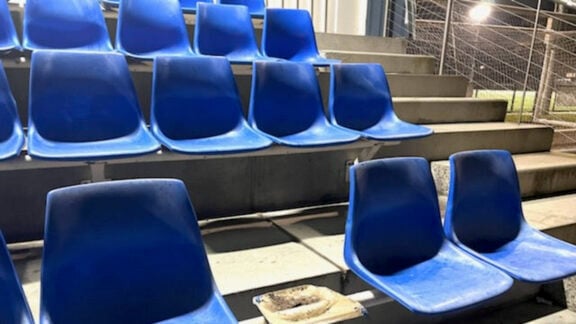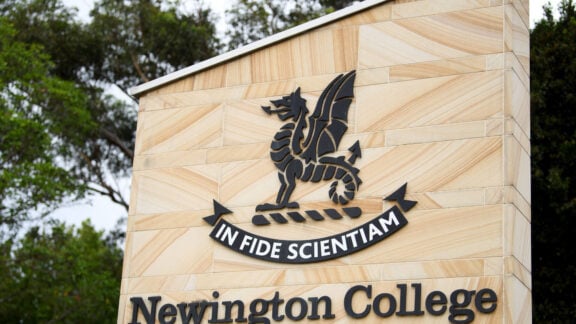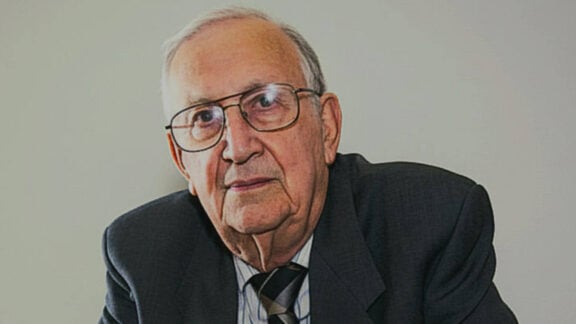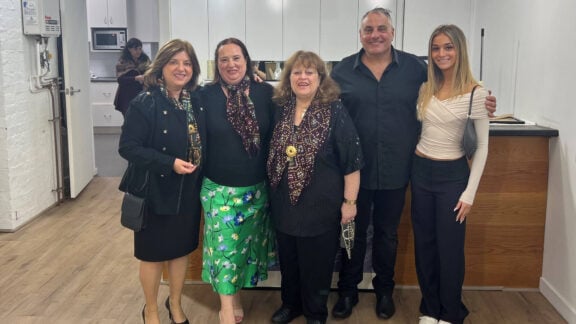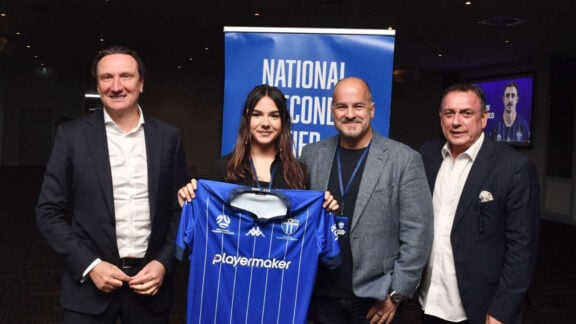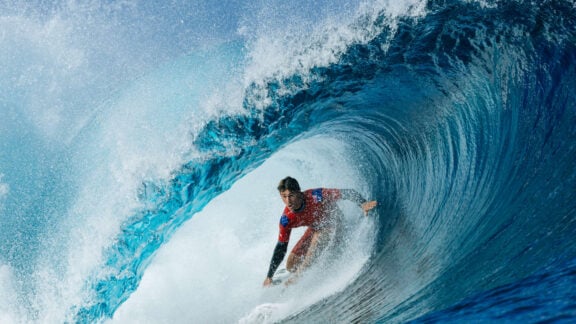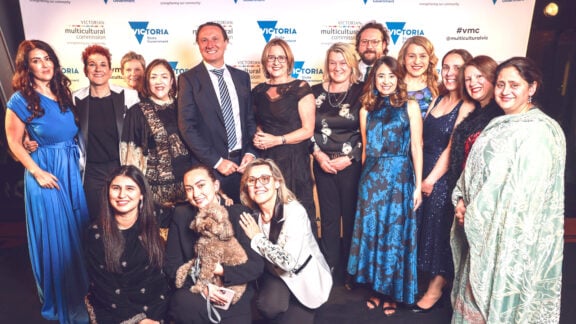Anthony Carbines, the Acting Minister for Casino, Gaming, and Liquor Regulation, today announced that the freeze on late-night liquor licenses in the inner-city municipalities of Melbourne, Port Phillip, Yarra, and Stonnington will be lifted in an effort to to support Melbourne’s night-time economy and foster the growth of live music venues.
This move fulfills an election commitment aimed at expanding the city’s live music industry, ensuring Melbourne remains the global capital of live music.
Steve Dimopoulos, Minister for Creative Industries said that these reforms “are about supporting Melbourne’s late-night economy and live music industry and supporting cultural activities that this city is so well known for.”
Along with the lifting of the freeze, there are new guidelines aimed at reducing potential alcohol-related harm and amenity issues.
Under the revised guidelines, license applications will undergo risk assessments to ensure effective measures are in place to minimise alcohol harm and prevent anti-social behaviour.
Venues will no longer require the same exemptions previously needed to operate after 1am.
To address alcohol-related harm and anti-social behaviour, the Victorian Liquor Commission may impose conditions on new licenses.
These conditions can include the implementation of venue management plans, adherence to noise limits, the provision of an adequate number of security staff, and enhanced responsible service of alcohol requirements. The specific conditions will depend on the potential risks associated with each license application.
In a significant development, the Commission will also consider requesting late-night license applicants to include plans for preventing and addressing gender-based violence, including sexual harassment.
These new guidelines have been formulated through consultation with key stakeholders, including Victoria Police, local government, hospitality and tourism representatives, creative industries, and harm reduction experts.
“We’re revitalising our world-famous night-time economy and addressing alcohol-related harm and anti-social behaviour,” said Carbines.
Public submissions on Engage Victoria played a role in shaping these guidelines.
The guidelines build on legislative reforms to the Liquor Control Reform Act 1998, which established a dedicated liquor regulator and defined the concept of harm. An initial review of the new settings will be conducted next year, followed by a more comprehensive review two years after the implementation of the guidelines.

